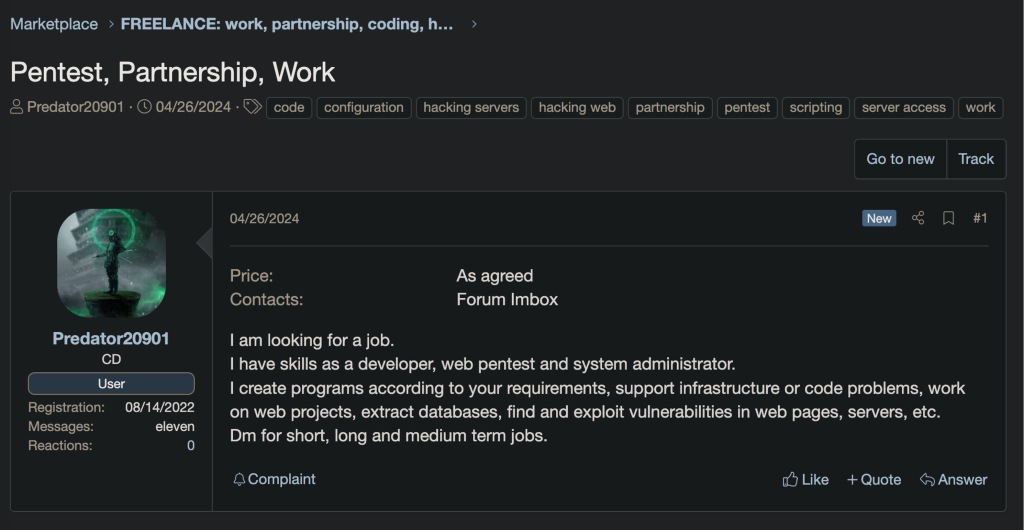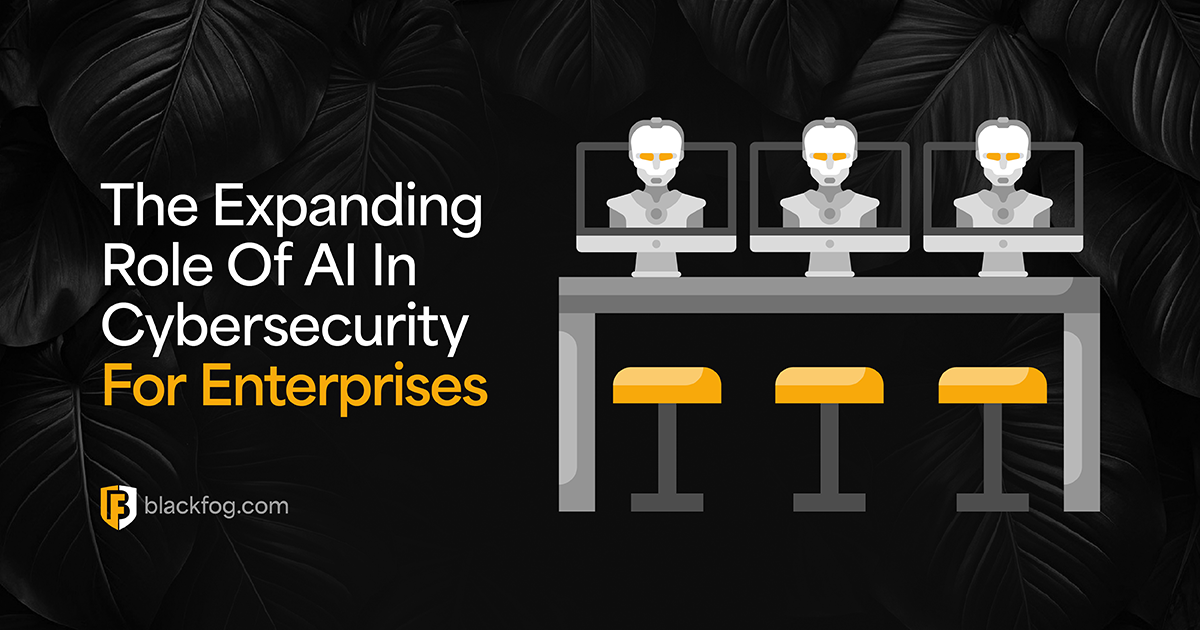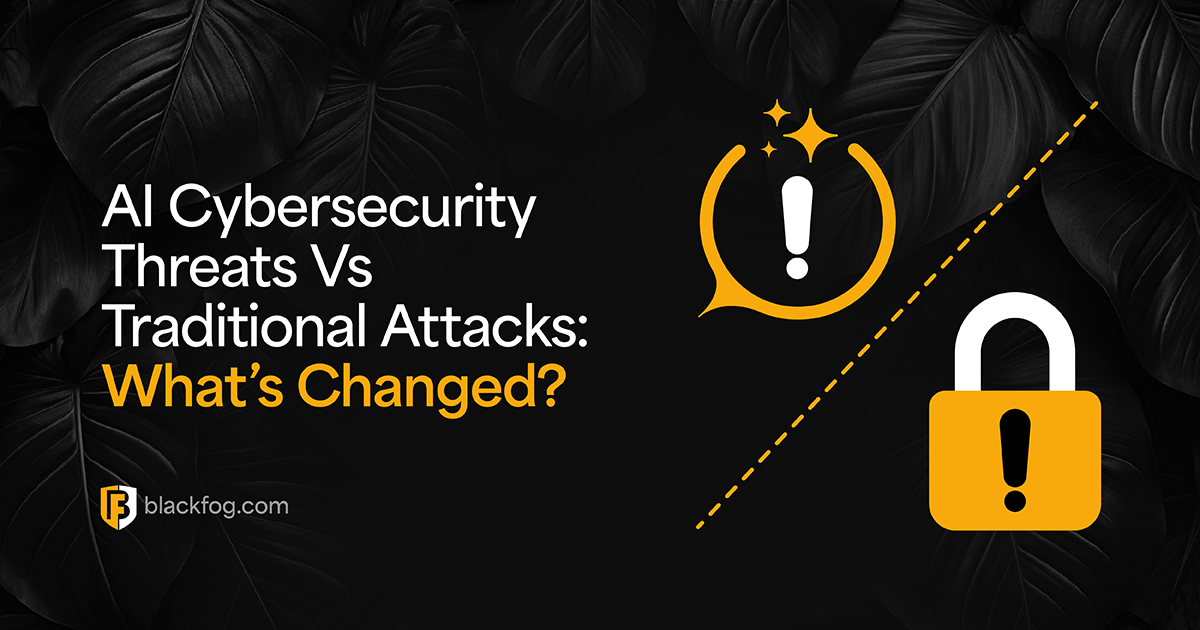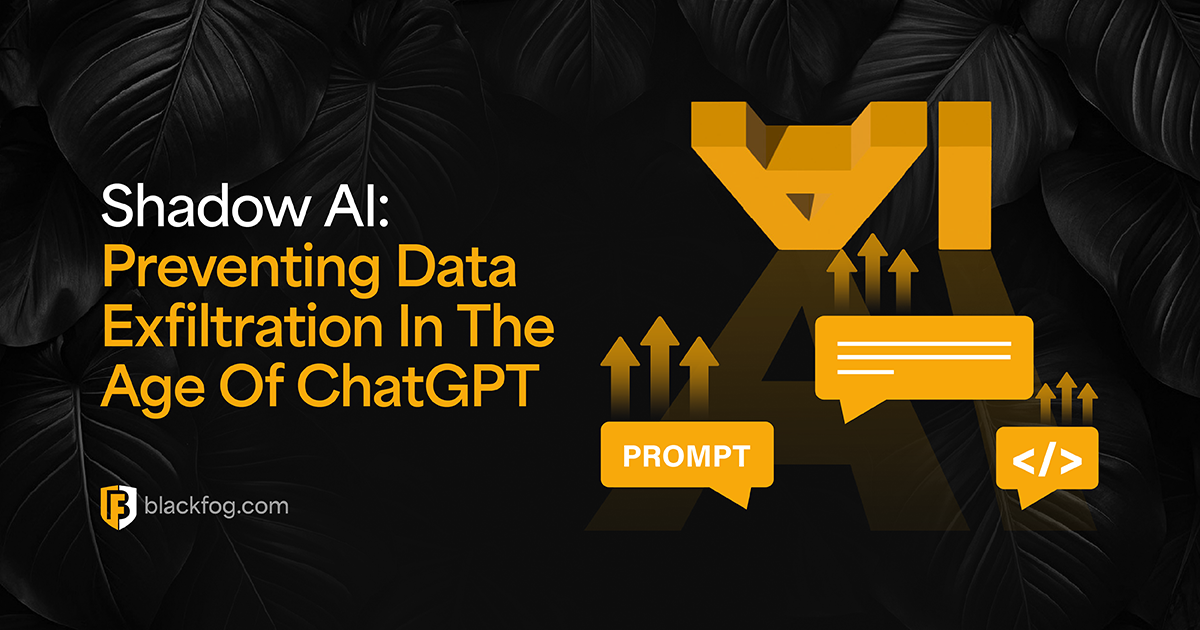
Organized Cybercrime Groups
There are different categories of cybercriminals that can come together to form organized cybercrime groups. These include bored teenagers getting involved in petty online crimes, individual actors primarily motivated by financial gain, politically or ideologically motivated hackers, and fully fledged organized crime syndicates. However, the most sophisticated and damaging cybercrime operations tend to be carried out by the latter.
Successful organized cybercrime groups have a role-based structure where individual members contribute different specialized skills. One of the most common roles is that of the “penetration tester,” hackers who are particularly adept at gaining unauthorized access to computer systems and networks through vulnerabilities. Groups may have a single top-tier penetration tester or a team working in coordination.
Other core roles include technical experts who develop malware payloads or configure ransomware, negotiators who communicate with victims during extortion scenarios, money launderers skilled at obscuring illicit proceeds, and organizers who coordinate the overall criminal operation. This specialization allows groups to efficiently carry out complex multi-stage attacks.
Reputation is everything
Online forums devoted to talking about hacking and digital crime are the birthplace of many collaborations and upcoming formalized cybercrime organizations. By offering services or samples of their work, willing specialists will gradually create a name for themselves.
For example, a skilled penetration tester might share technical details and evidence of successfully compromised systems to advertise their abilities. Others demonstrate skills like malware authoring that are highly valued within the criminal community. Gradually, as reputations are earned, direct business relationships form between regular forum members needing certain services filled and these individuals.
Restricted Membership

Partnerships
An example of a cybercriminal looking for a partnership
A notable example of the membership and ranking structure found on cybercrime forums can be observed in the Darkode archives leak. From 2007 to 2015, Darkode was an invite-only forum for cybercrime. It served as a platform for cybercriminals to exchange hacking techniques, buy and sell illegal goods and services, and work together on illegal schemes. Darkode was only accessible to invited members, and new users needed the endorsement of an existing user to be approved by administrators.

Darkode
An example of the membership system available on Darkode
After an administrator granted a user access to the forum, new members joined at level 0 or below, and they were frequently promoted from there after earning the trust of other members and offering helpful knowledge or skills.

Skillsets
An example of a cybercriminal offering a specific skillset
Ransomware Operations
One of the most visible and financially driven areas within organized cybercrime currently involves ransomware operations. Well-practiced cybercrime teams compromise systems, deploy ransomware payloads, and demand payments, often in cryptocurrency, in exchange for decryption keys.

Ransomware as a Service
Example of a RaaS affiliate program
The most formidable ransomware syndicates function like modern businesses with defined corporate structures, marketing, customer service protocols, and common diversification into extortion affiliate models.
Typical roles include programmers, distributors, negotiators, money launderers, and even “help desk” technicians. These hacking enterprises can generate hundreds of millions annually from worldwide victims and have grown into transnational networks that span continents.
Frequently Asked Questions
Below are some common questions people have about the formation and operations of organized cybercrime groups:
Prevent Cybercrime with BlackFog ADX
BlackFog provides a solution with a focus on preventing data exfiltration with ADX technology. This next generation cybersecurity solution has been designed to help organizations protect themselves from ransomware attacks and extortion 24/7, without the need for human intervention.
Don’t wait for the next ransomware attack wave; take proactive action now and secure your most valuable asset.
Learn how our solutions can strengthen your cybersecurity posture and prevent ransomware incidents.
Share This Story, Choose Your Platform!
Related Posts
The Expanding Role Of AI In Cybersecurity For Enterprises
With cyberattackers increasingly using AI-driven methods, find out why it's more important than ever for businesses to reevaluate the role of AI in cybersecurity.
Putting AI Protection Into Practice Across The Enterprise
The rise of tools like ChatGPT means that AI protection must now be a top priority for every firm. Learn what's involved in ensuring these platforms are used responsibly.
Addressing The AI Cybersecurity Risks Lurking Beneath Everyday Activities
A lack of visibility into how data is being used is one of the biggest AI cybersecurity risks every enterprise has to deal with. Find out why this matters.
AI Cybersecurity Threats Vs Traditional Attacks: What’s Changed?
Understanding what AI cybersecurity threats firms face and how they differ from traditional dangers is now essential for all companies. Here's what you need to know.
Why Generative AI Security Is Now A Business-Critical Issue
Find out why generative AI security will be a mission-critical aspect of every business' data protection strategy in 2026 and beyond.
The Rise Of Shadow AI: Preventing Data Exfiltration In The Age Of ChatGPT
Shadow AI is set to be one of the biggest data security threats of 2026. Find out why this is a challenge and what enterprises need to do about it.






